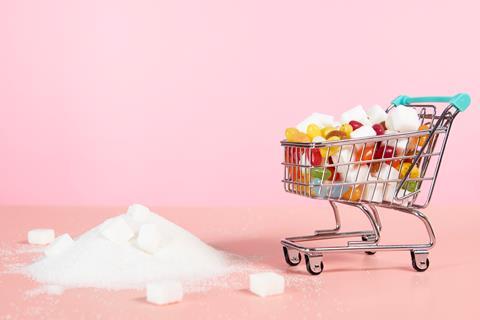
MPs have called on ministers to revive National Food Strategy author Henry Dimbleby’s plans for taxes on foods high in sugar and salt, saying it would nudge consumers towards buying healthier food.
A report by the Environment, Food and Rural Affairs (Efra) committee, today said that with a fifth of UK households struggling to get access to good quality food at reasonable prices, they were increasingly turning to unhealthy high-calorie alternatives. Forty per cent of the population are due to be obese by 2025.
Ministers rejected calls in Dimbleby’s 2021 report for a swathe of new taxes on junk food because of the likely impact on food prices. They have since delayed other proposals including the ban of multibuy promotions of HFSS products and plans for a clampdown on HFSS advertising on television and online.
Today’s report, while acknowledging a tax would raise prices, adds it would “lead consumers to substitute cheaper, healthier foods into their shopping basket”. It urges the government to undertake a “full impact assessment” of the introduction of a sugar and salt reformulation tax, which would be applied to products such as confectionery, crisps and biscuits.
The call follows what the committee and Dimbleby called the “hugely successful” impact of the Soft Drinks Industry Levy in 2018.
Dimbleby quit his role as the government’s health tsar earlier this year in protest at its lack of response for his calls for urgent action to tackle obesity crisis. He acknowledged it would be difficult for ministers to justify bringing in new taxes during a cost of living crisis.
Today’s report also criticised the shelving of the proposed ban on HFSS mutlibuys, saying the government had provided “no justification” of why it took more than two years to conclude it was not the right time to press ahead.
Committee chair Robert Goodwill, who admitted making affordable food that was healthy more available was “not an easy balance to strike”, said ministers had not taken the issue “anywhere near seriously enough”.



















No comments yet